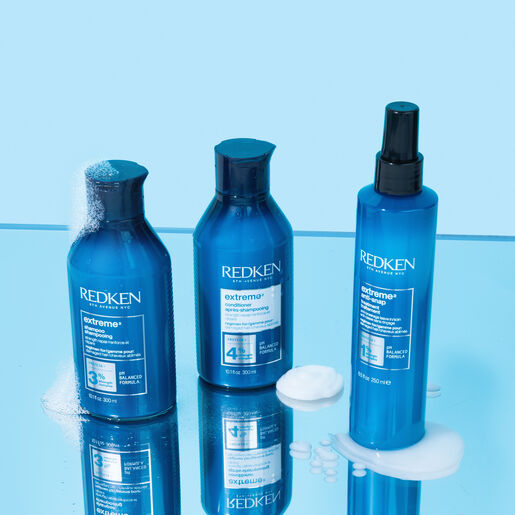
We hear this a lot at Jersey Beauty Company. We also find that there are a lot of common misconceptions around sensitive skin and the benefits of fragrance-free products, which sometimes lead people to rule out products that may be more suited to their individual skin type.
We asked Chris Smith, from Personal Care Magazine, for a bit more information on fragrance-free, what we need to be looking for in products, and how we recognise and care for sensitive skin. Chris helps us to bust four popular myths about fragrance-free products and sensitive skin.


